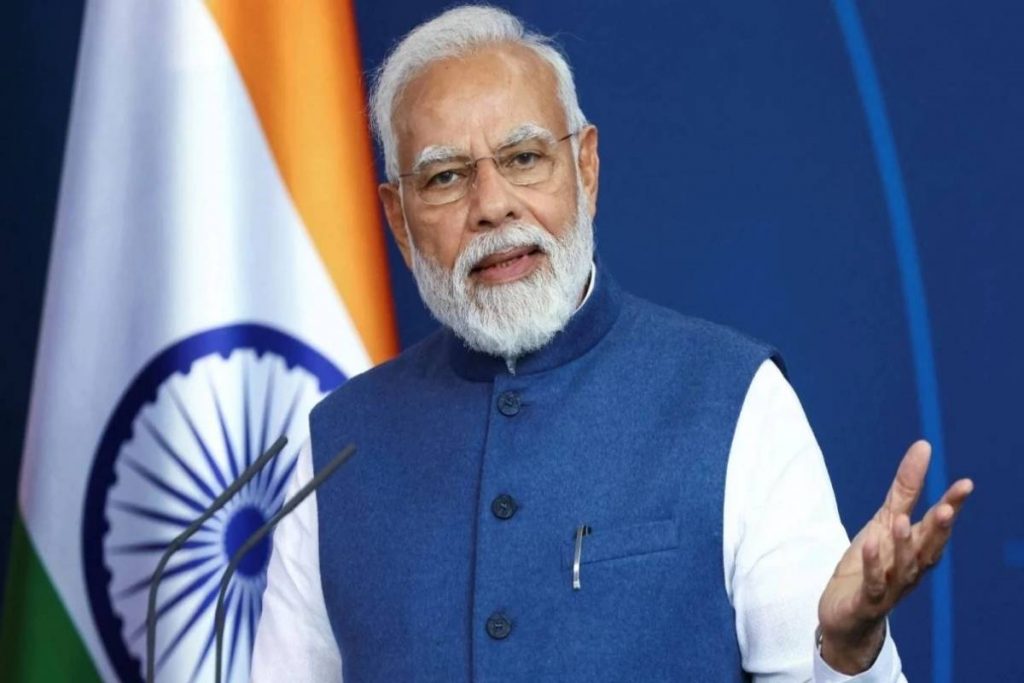New Delhi, July 18:
In a firm diplomatic message to China, External Affairs Minister S. Jaishankar told Chinese Foreign Minister Wang Yi that India-China bilateral relations must remain free from third-party influence, indirectly referencing Pakistan. The two leaders met for high-level talks amid continued military deployment along the Line of Actual Control (LAC) in Eastern Ladakh.
Focus on Border Stability and De-escalation
During the meeting, Jaishankar expressed satisfaction over the resumption of Indian patrols in Depsang Plains and Demchok, a move enabled by the agreement reached between the two nations in October 2024. However, he stressed that a stable border is the foundation of stable ties, and urged China to move forward with de-escalation, as nearly 50,000 troops remain stationed on both sides of the LAC—five years after the 2020 Galwan Valley clash.
Third Parties Should Not Influence Bilateral Relations
Jaishankar made it clear that bilateral ties should not be dictated by the interests of third countries, referencing China’s continued military support to Pakistan. This stance gains importance in the backdrop of Operation Sindoor, where India encountered Chinese-supplied military hardware in Pakistani hands, including aircraft and missile systems.
Supply Chain Stability and Trade Restrictions
The Indian foreign minister also raised concerns about China’s export constraints, especially on critical raw materials such as rare-earth minerals used in automotive components and fertilizer production. Jaishankar urged China to maintain predictable supply chains, warning that trade disruptions impact trust and mutual economic interest.
Counter-Terrorism at the SCO Summit
The Jaishankar-Wang meeting came a day after the SCO Foreign Ministers’ summit on July 13, where terrorism was a central focus. Jaishankar reminded member states that the Shanghai Cooperation Organisation (SCO) was created to counter terrorism, extremism, and separatism.
He pointed out that India’s recent strikes on terror camps in Pakistan were conducted under the framework of UN Security Council Resolution 16050, which was passed on April 25, 2025, following the Pahalgam terror attack. Notably, the resolution was backed by China, Russia, and Pakistan, and called for the international community to bring terror sponsors and perpetrators to justice.
Conclusion
While the meeting between Jaishankar and Wang Yi was described as cordial, India firmly reiterated that future relations must be based on mutual respect, stable borders, fair trade practices, and zero tolerance for terrorism. With geopolitical tensions and economic dependencies growing, both countries appear poised for a cautious but necessary recalibration of their ties.




